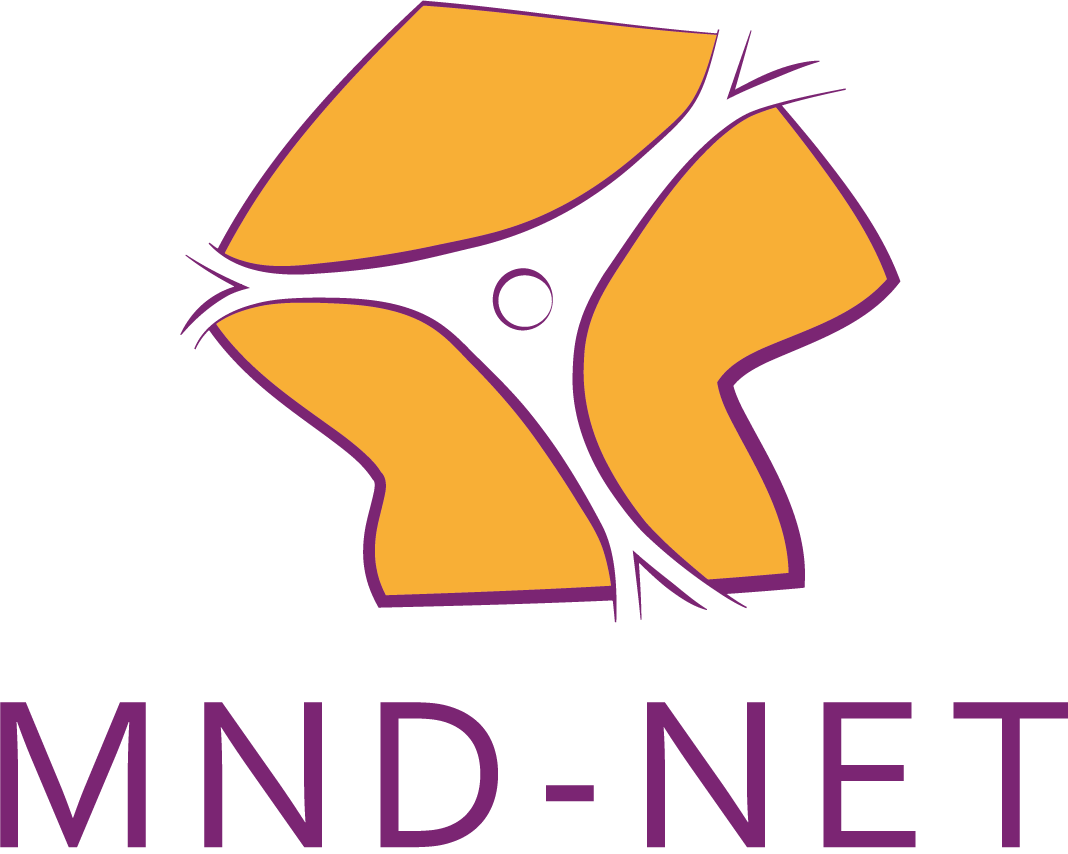To date, a causal or disease modifying treatment with strong clinically meaningful effects for the sporadic form of ALS are not available.
In a small number of patients, however, genetic mutations are responsible for the onset and progression of the disease. For these genetically determined ALS variants promising therapeutic options are emerging. Causative therapies for SMA have been available for several years with the drugs nusinersen, risdiplam, and onasemnogen abeparvovec.
Due to the fatal disease course combined with the low incidence, the prevalence of ALS in Germany is very low too (approx. 8000 patients). Hence, neurologists (of which there are also about only 8,000 in Germany) have little experience in the treatment and health care of ALS patients. Treatment of these patients should therefore be carried out in specialized ALS centers. These centers currently treat up to several hundred patients each year.



